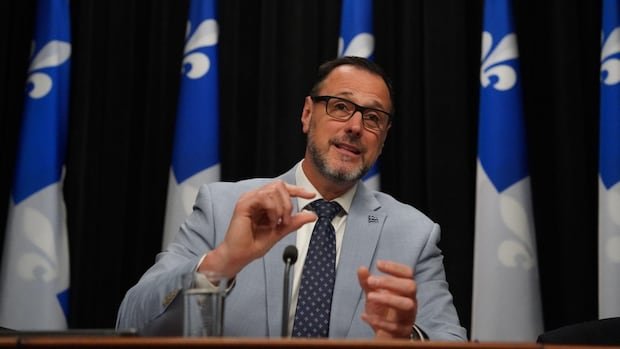The Quebec government is planning to introduce legislation to prohibit public prayer, as announced by Secularism Minister Jean-François Roberge. Roberge stated that the rise of street prayer is a significant issue, emphasizing the government’s commitment to enhancing secularism in Quebec. The upcoming bill aims to reinforce secularism by outlawing street prayers, in line with the government’s efforts to strengthen secular values in the province.
Premier François Legault has expressed concerns about public prayers, highlighting the government’s stance on the matter. The government is considering using legal measures, including the notwithstanding clause, to address the issue and send a clear message against public prayers in Quebec.
However, the proposal has sparked debate, with some groups arguing for the protection of freedom of expression and religious rights. The Canadian Muslim Forum warned that banning public prayers could marginalize communities and disrupt social harmony. Additionally, the Canadian Civil Liberties Association cautioned that such a ban could infringe on various fundamental freedoms, including freedom of religion and expression.
While the government faces opposition over the proposed legislation, other public figures have voiced support for the ban on public prayers. Paul St-Pierre Plamondon from the Parti Québécois questioned the timing of the law but acknowledged the need for regulation in public spaces.
The government’s decision to pursue a ban on public prayer follows the recommendations of an advisory committee chaired by Guillaume Rousseau and Christine Pelchat. The committee suggested expanding the existing secularism law, Bill 21, to prohibit religious symbols in public daycares but did not specifically recommend addressing public prayers. Despite differing views on the matter, Roberge cited the committee’s report as influential in the government’s decision to address public prayer through new legislation.


